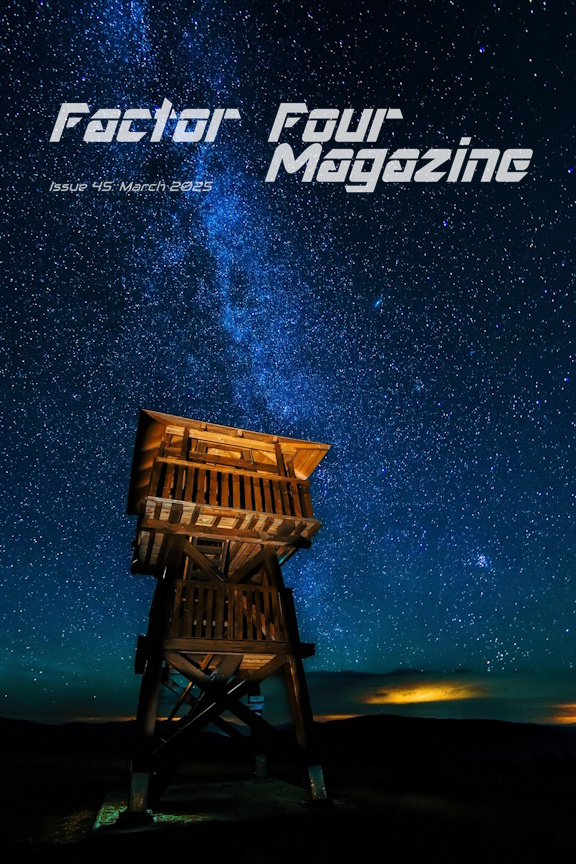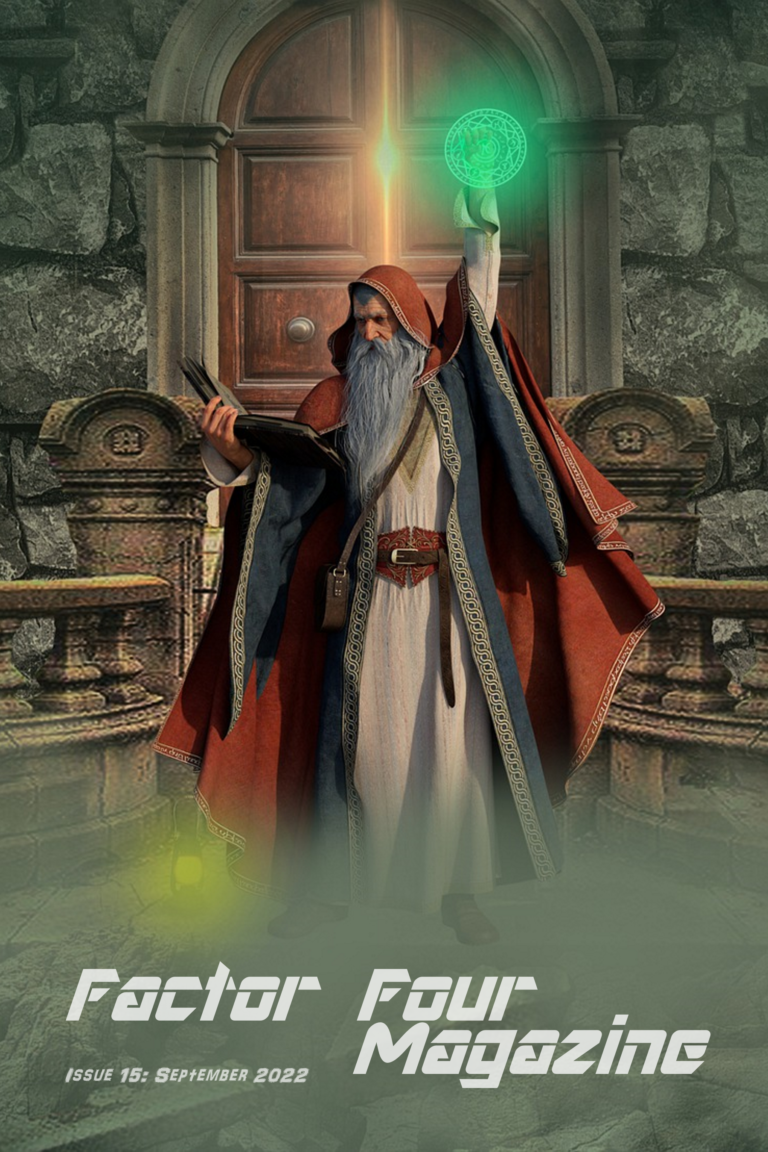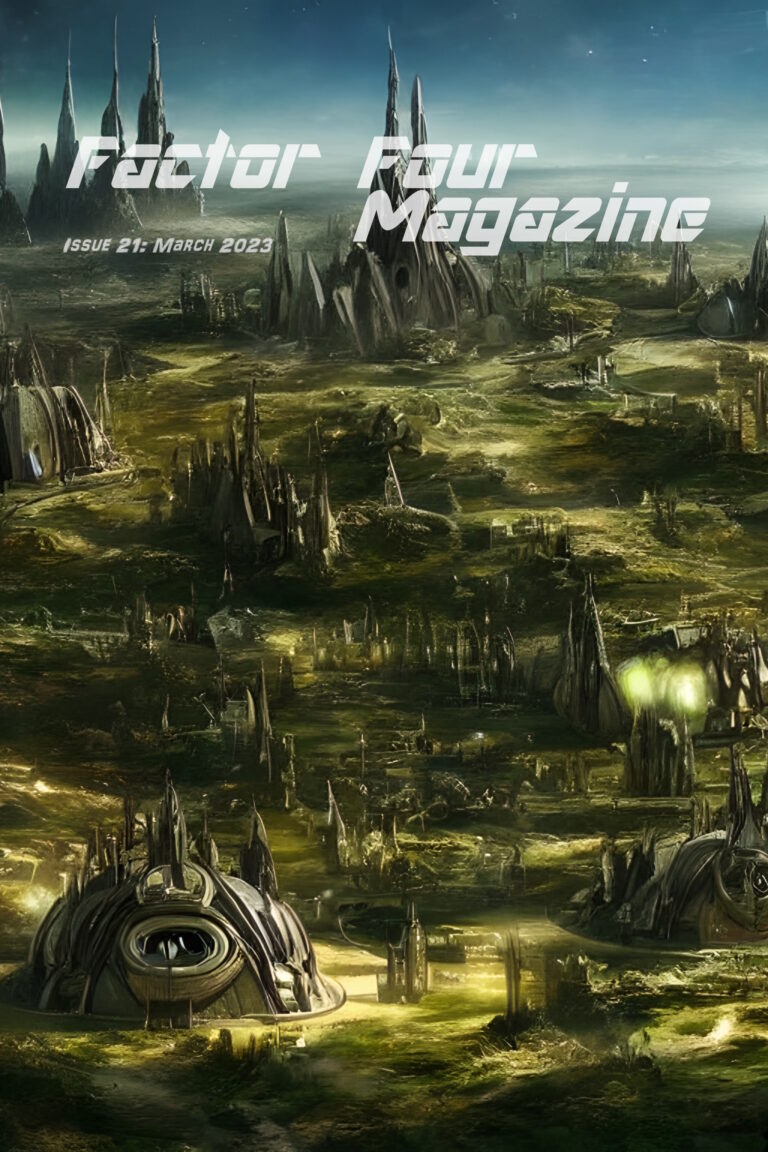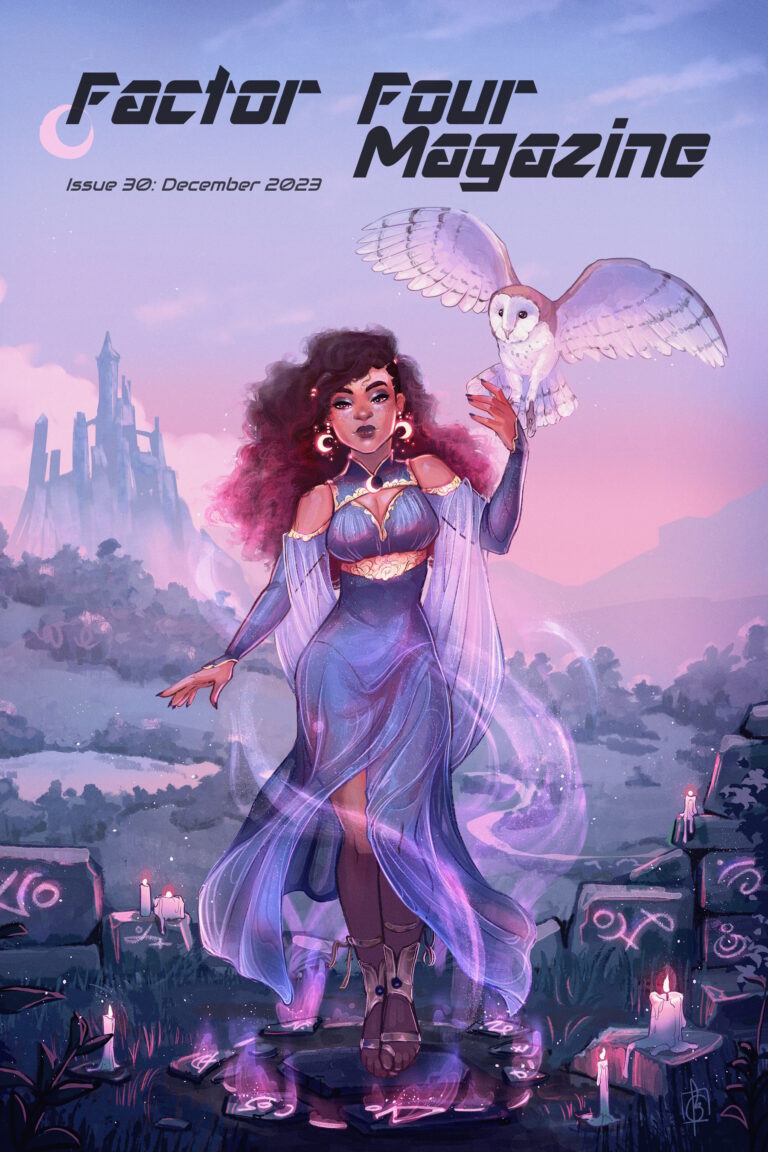Bread-Daughter, Beer-Daughter by Aimee Ogden
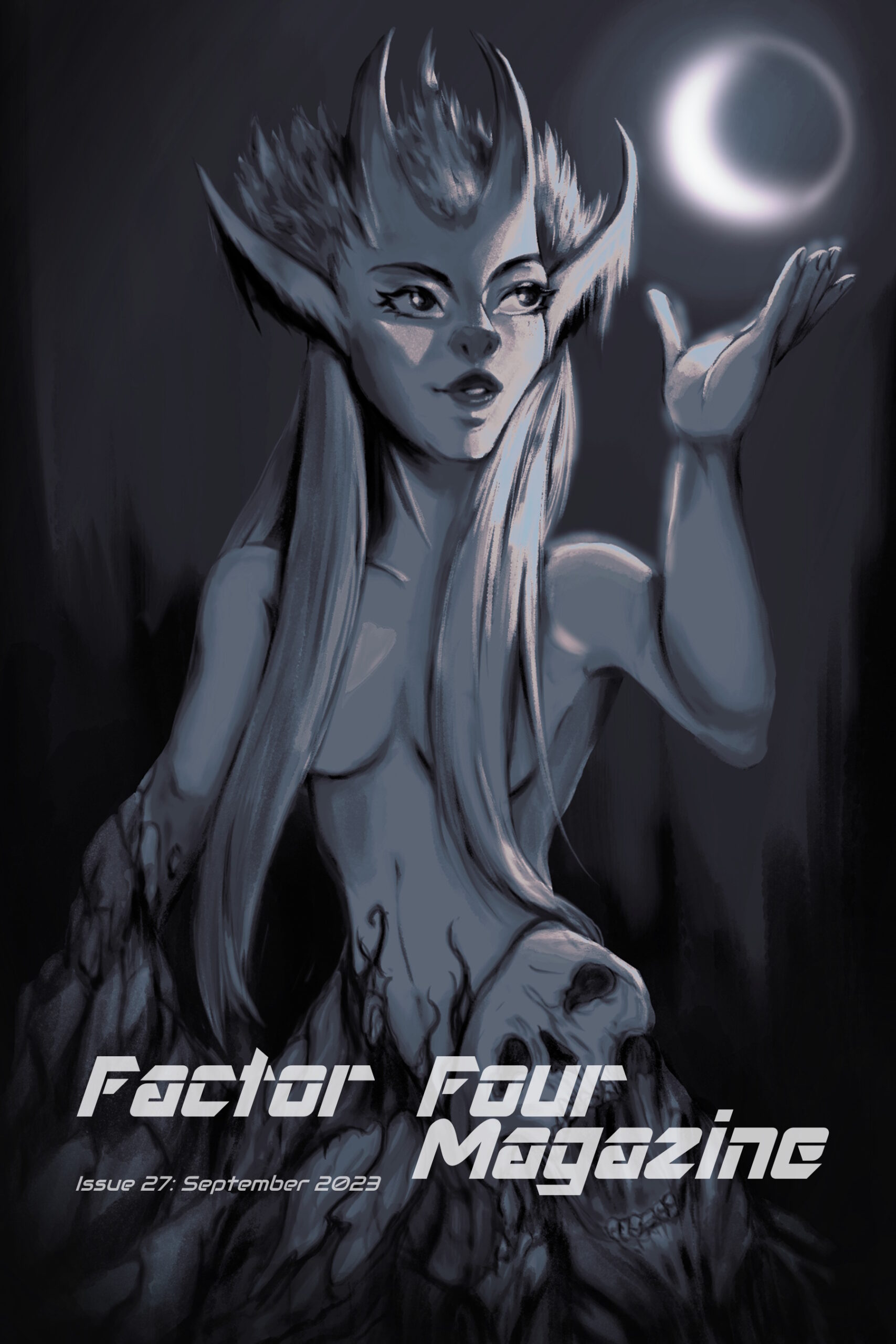
Ten thousand years ago, before our great-mothers left the Summerlands and bore us out into the greater world, Biyatqio, goddess of Life and great-mother of all, sent her two green and golden daughters out into the mortal-walked world. Instruct them, Biyatqio ordered her daughters, impart unto them a fraction of the Divine Wit, such as they can understand.
For Life seeks always to understand itself, and to be understood in turn. And Biyatqio saw our struggle in the Summerlands, before we became the People of Wit: how in the tangled wilds of the south, our great-mothers picked what meager survival they could from the roots and bushes and trees of the forest—how the berries were often sour and the tough seeds wore their teeth down to nothing. And how in the grass plains of the north, our great-mothers ran weary and ragged, hunting the beasts of the wild, ever cunning despite their lack of Divine Wit.
The elder daughter went south, where our great-mothers emerged shyly from the shelter of trees and caves to greet her, with honeyed sweet-flowers and a wooden crown. The younger went north, where she towered above the grass that covers a full-grown woman to the waist, and our great-mothers honored her with adornments of braided grass and the first flesh of their kill.
In the summer Biyatqio is at the height of her power, and her pride blossomed and grew as her daughters walked among the mortal people of the world, speaking to them, sharing with them what Wit they might grasp: the turn of the seasons, the curve of the earth’s lovely face, the dance of the Divine Spheres. And Biyatqio’s daughters were honored in turn, with the first and finest food, their feet bathed with fresh rainwater. Our great-mothers danced for them, and sang, and gave them their due reverence, attending carefully to every word that spilled from Divine lips. And a few gathered up these words carefully, and dwelt with them in their hearts even as they hunted and scavenged and slept, and those were the first Scholars, where the spark of Wit first burned in mortal kindling.
As the summer fell from its heights, a dark foreboding gathered in those Scholars’ hearts, and they consulted the Wit they had been given, and spoke soft and urgent between themselves. When they could deny it no longer, they went to Life’s daughters, the eldest in the south and the youngest in the north, and the sisters told them what they must do.
In the autumn Biyatqio’s strength ebbs and falters as her connection to the mortal world stretches thin. And so she was powerless, condemned only to watch, as the people of the south wrapped her green and golden elder daughter in fur robes and broke her body beneath their clubs, and laid her in a stone cairn above flames too cool to send her ashes homeward to her mother. And she was helpless, left alone in her sorrow and terror, as the people of the north embraced her younger daughter and carried her beneath the waters of the Great River that divides north from south, and held her there as she struggled and drowned, and brought her to the surface again only to lay her in the cool shadows underground. And she could do nothing while they ate of her eldest’s flesh, and drank of her youngest’s blood, living off stolen divinity all the long barren winter.
At the nadir of her powers, Biyatqio could only seethe until spring unfolded itself green and golden over the land, and then, at her apex, she descended in all her fury to stand astride the Great River and call humanity to her.
They came, bowing and frightened, from north and south alike, and she said unto them, where are my daughters? And our great-mothers said: Divine Fount of Life, they are with us, in us, now. And Biyatqio said, whatever was Divine in you has been stained by what is mortal and cruel and wasteful. And she raised her hand to scourge life from the world, and leave it broken and barren and silent.
But her hand stayed, and not of her own accord, but that of her shadow-self, Dzeagev, goddess of Death and great-mother of all, who walks always hand-in-hand with Life. In the spring, Dzeagev’s strength ebbs and falters as her connection to the mortal world stretches thin. But she is always with us, just as her shadow-self is, and she spoke in Biyatqio’s voice and said: never forget that they are my daughters too. And from behind Biyatqio, where her shadow-self hides and she is not given to see, her two daughters stepped out, green and golden and with new Life in their eyes: Bread-daughter, Beer-daughter.
Biyatqio wept and embraced them, and they embraced her too, but when she took their hands to gathered them back into the Divine Sphere, they withdrew from her. This is the price of understanding, they said to their mother: no joy without suffering, no Life without Death. Even the sweetest fruit spoils in the course of its time. And Biyatqio was wroth, but the sisters had made their decision, and would not be gainsaid. You will live in the mortal world, she told them, but only until as long as you are loved and honored as the Divine daughters that you are.
And as a reminder of her curse, we grow ill if we drink too much beer, or eat too little bread. And so we never cast a scrap of Bread-daughter’s flesh to our swine or flocks, and we make offerings if we spill a drop of Beer-daughter’s blood, and we share beer and bread wherever it is needed. For on the terrible day when we forget what is Divine in ourselves, we will lose it, and we will struggle again through the long barren winter alone, as do the beasts of the wild and the wind-whipped grass, without Wit to guide them.


